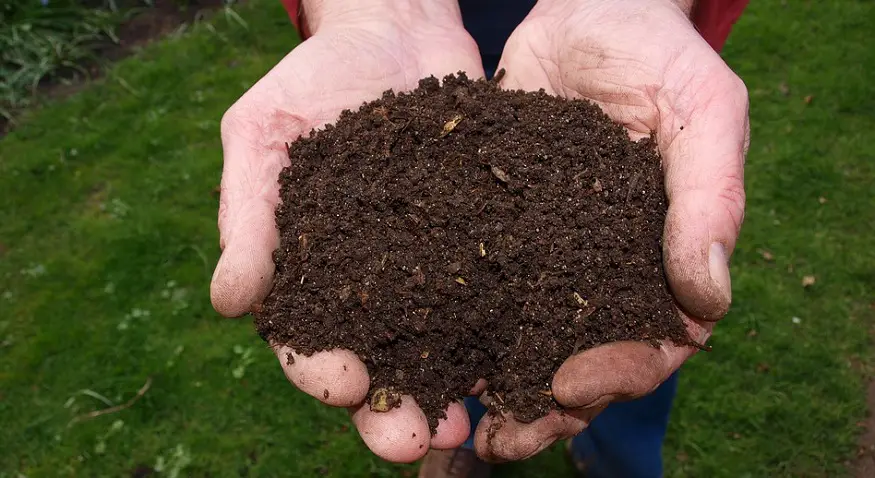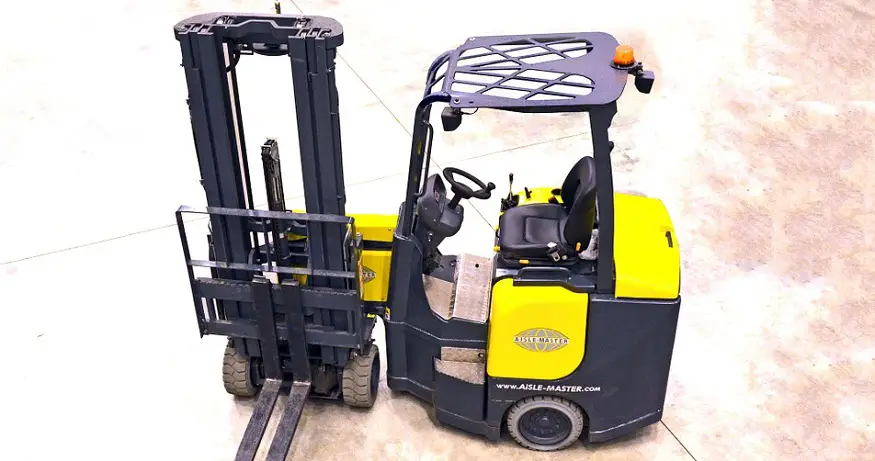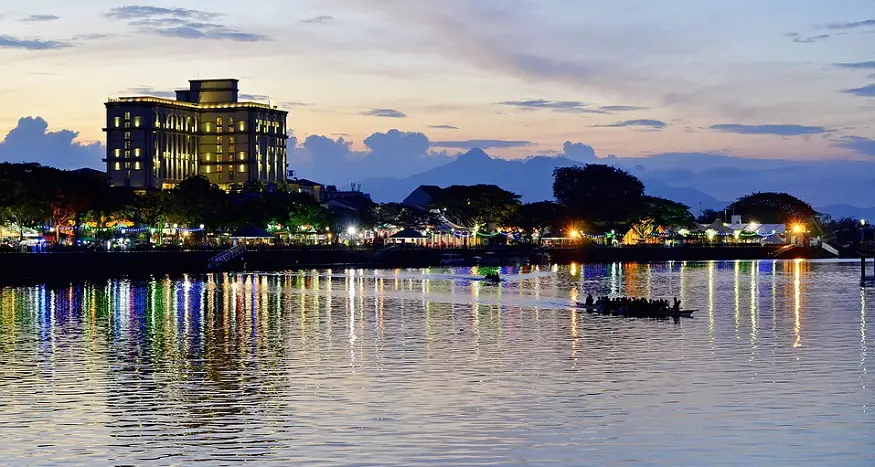
Human body composting as death care option to become legal in Washington State
May 27, 2019Burial and cremation will no longer be the only legal options for human remains after death.
Human body composting is a new eco-friendly death care option to be made legal for the residents of Washington State. Instead of only having the options of burial and cremation, residents will be able to choose to have their bodies turned into soil.
Washington is the first state in the US (and possibly the world) to legalize aboveground decomposition.
The state’s governor, Jay Inslee, signed legislation last week that allows for the practice of “aboveground decomposition.” This makes Washington State the first in America to explicitly allow human remains to become soil.
Some legal experts even say that this move by Washington State may even make it the first place in the world to legalize human body composting as a death care option.
The new law will permit bodies to be put into a receptacle, along with organic material, such as straw and wood chips, to help speed up the natural decomposition process. Farmers reportedly use a similar process to compost the bodies of livestock.
The human body composting method is a more eco-friendly option compared to cremation.
Presently, cremation is the most popular choice for disposing of human remains. One of the reasons is that burials take up land, which is becoming increasingly scarce in ever-growing cities.
However, although cremation can be space-saving, disposing of human remains in this fashion is a very dirty business as it produces significant greenhouse gases.
Katrina Spade, the founder of Seattle-based company Recompose, a company that turns bodies into compost, said that once the bodies become soil, this soil can be given to loved ones that they can spread on a garden or use to help grow a tree, in a similar symbolic fashion as spreading cremated ashes.
“I think it’s terrific to open up alternatives, so people have additional choices that are both honest and elegant,” said Karla Rothstein, an architect and the director of DeathLab, reports The New York Times.
DeathLab is a research group at Columbia University that is made up of architects, scientists and theologians who study the burial-space issues in cities.
“It’s encouraging that Washington State is leading a progressive acceptance of practices that are more commensurate with what people value,” Rothstein added.
Advocates of aboveground decomposition say that it is attractive for both financial and ecological reasons. For instance, it requires no coffin, no chemicals for embalming and none of the fossil fuels needed for cremation.
Additionally, studies have found that the energy used to cremate one body is equivalent to how much energy the average American uses to power their home for a month.
 The new law that allows for human body composting as a way to deal with remains after death will come into effect May 2020.
The new law that allows for human body composting as a way to deal with remains after death will come into effect May 2020.



 With over 15 years of reporting hydrogen news, we are your premier source for the latest updates and insights in hydrogen and renewable energy.
With over 15 years of reporting hydrogen news, we are your premier source for the latest updates and insights in hydrogen and renewable energy.